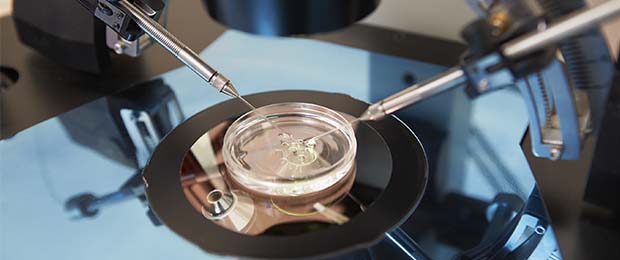In late October 2015, a British study conducted by Professor Alastair Sutcliffe and a team of scientists at University College Hospital London, confirmed the role of in-vitro fertilisation (IVF) in the increased risk of ovarian cancer in sterile women.
A comparison of 250,000 patients in the general population who underwent IVF between 1991 and 2010confirmed that this cancer was diagnosed in 15 out of 10,000 and 11 out of 10,000 women, respectively. Professor Sutcliffe explained that the study showed that although “the risk of developing breast or uterine cancer was not increased, these patients were at greater risk of ovarian cancer. Furthermore, it is important to emphasise that pregnancy may or may not occur in the three years following treatment”.
According to him, the issue is two-fold: those in charge of health-related decisions in Britain should launch a new preventive policy and, above all, give a clearer explanation to women “who are not sufficiently aware of the limitations of fertility” and the “risks” inherent in IVF.
Doctor Pierre-Louis Broux, a gynaecologist at the La Sagesse Clinic in Rennes, demands clarity for patients who, in his opinion, “consult for too long” believing that medically assisted procreation (MAP) provides an answer to the ticking of the biological clock. However, “the right message isn’t given”, he confirmed “especially when major companies offer to finance freezing eggs for their employees. Our society is on a slippery slope”.
Elodie,who discovered a tumour measuring 15 mm at the age of 42, fifteen months after five consecutive attempts at IVF, regrets not being better informed. However, in her opinion, “Doctors join ranks. MAP is a real business”. Biologist Jacques Testart, who pioneered the first test-tube baby, shares this opinion: “IVF is expensive because laboratories selling synthetic hormones that are injected into women to boost ovulation charge exorbitant prices for our over-indebted social security schemes”. Smear campaigns“serve no purpose whatsoever” confirmed gynaecologist Professor René Frydman – they only boost trade.
Marie-Claire (09/03/2016)

